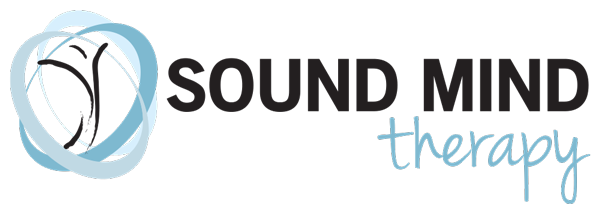
Before your first couples therapy appointment, ask yourself: What can I do differently than I have done previously? It may be something that seems deceptively simple. For example, listen more and talk less. Or it could be to speak up instead of continuing to keep the peace at all costs.
NOTE: Here lies where you may make a simple, but dangerous, mistake. Inadvertently, you may end up giving all of your power away to your partner… if you decide you are only a success if your partner changes. Therefore, you are basing your success on your partner’s response rather than basing your success on your own actions.
Guess what? You have no control over how your partner responds or if your partner changes or not. What you do have control over is recognizing the part you play. Let’s listen in on a typical couples therapy session, and you will see in action how a partner started learning from the inside out as she began to recognize the part she played instead of only directing her anger outward.
Partner: You used to be funny, light-hearted and interested in me when we were dating. Now, I just feel angry towards you- you are the exact opposite of how you were when we were dating.
Is this true? Truthfully, I don’t know. My guess is the client is also angry with herself, and this anger is being played out in their relationship. After some deep exploration and guidance, here is concrete example of how the client can truly recognize the part she plays in the relationship conflict by naming it and claiming it.
Partner: I know I have really been angry toward you. (Name It) I realize I am so angry at myself. I wish I didn’t act so impulsively. I have to own that and not just blame you for our situation. (Claim it)
What about you? What part of the problem is yours? Name it, Claim it is really a simple and effective place to begin to recognize your part of the problem. My guess is your partner will be able to look at their part of the problem when you begin to point your finger inward instead of outward. What happens when this kind of dialogue begins? Connections with your self and with your partner in a safe atmosphere that offers respect, truth and empathy. Try it- I think you will like it!
Stay tuned for the next step next installment next week: Resolve to Move Out of Your Comfort Zone.
Evonne Weinhaus, LCSW, LPC is the co-author of three books – A New Fearless You, Stop Struggling With Your Teen, and Stop Struggling With Your Child. She is also a certified Imago relationship therapist at Sound Mind Cafe and sought-after speaker. For more information about Evonne Weinhaus, go to soundmindtherapy.com
